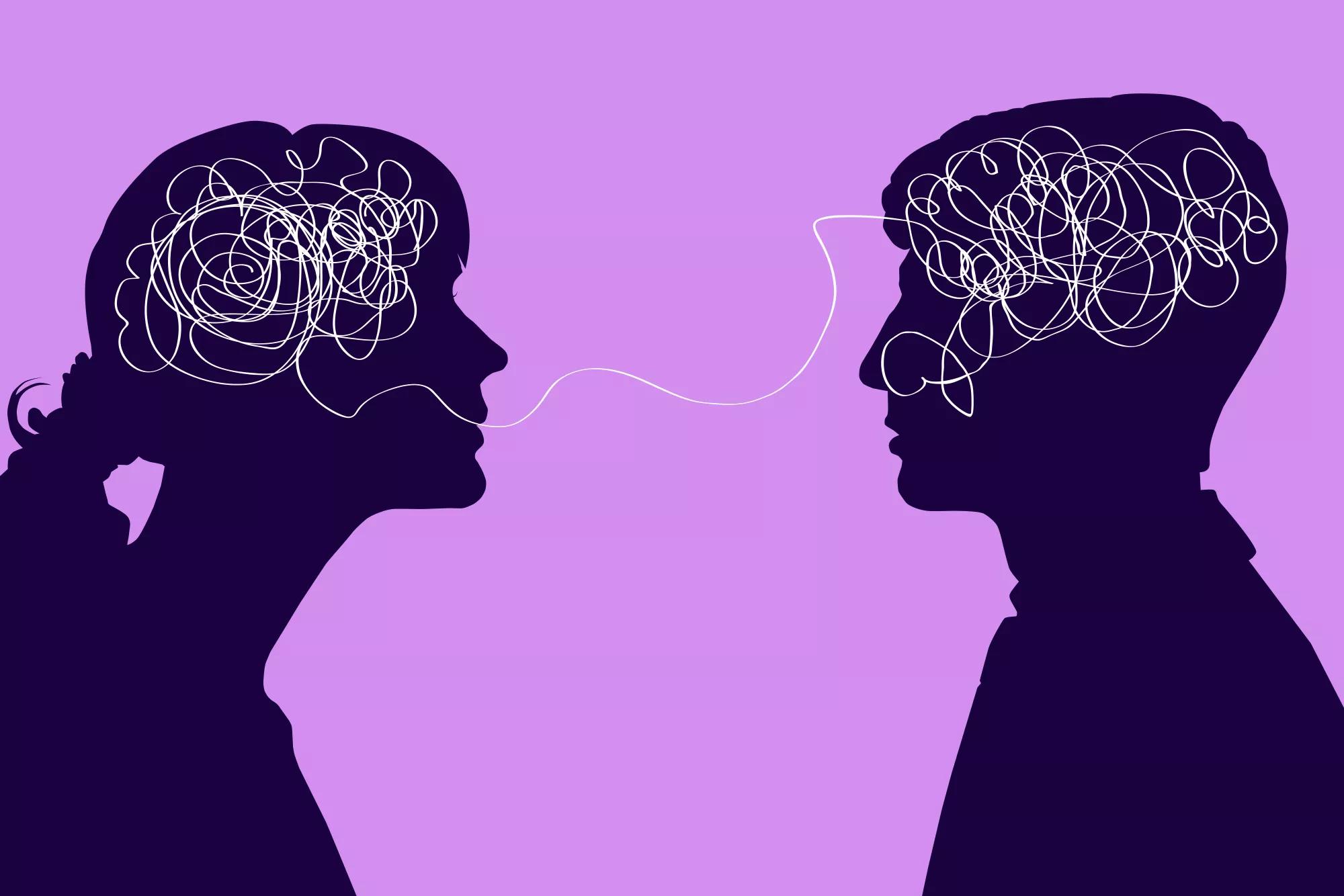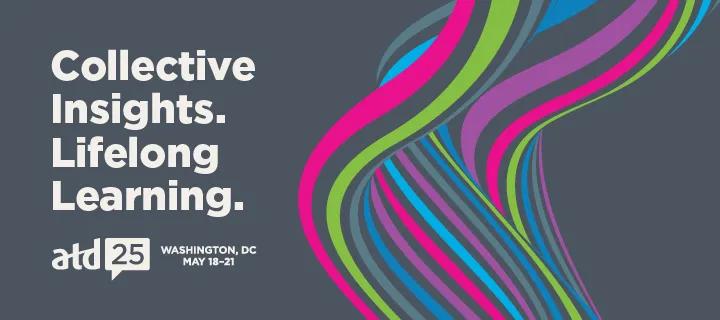ATD Blog
Neurodiversity Coaching: Enhancing Well-Being for Employees With ADHD + Beyond
While neurodivergence is an individualized experience, here are some guidelines that help a significant number of ND individuals.
Thu Apr 10 2025

Bookmark
Think about the 10 people you collaborate with the most at work. Chances are at least two of them are neurodivergent (or ND). According to available estimates, at least 20 percent of our current workforce experiences mental health challenges and conditions from across the spectrum of neurodiversity. In fact, many experts believe the number to be closer to 35 percent. Employees are increasingly opening up about their experiences with ADHD, autism, dyslexia, anxiety, and so many other aspects of neurodiversity. And, about 60 percent of ND individuals report more than one co-occurring condition. What’s more is that an increasing number of adults are becoming aware of the wide variation of ND experiences and are getting diagnosed with conditions like ADHD well into their forties, fifties, and beyond, (including this author).
Fortunately, we’ve (mostly) moved past the outdated stereotypes historically associated with ND individuals. For example, adults with ADHD don’t necessarily bounce around the room or speak so quickly it’s difficult to understand them. Instead, we understand more now about ADHD as a neurological condition which affects information processing and executive functions—but not always negatively. For example, most employees with ADHD are incredibly creative, have record-breaking productivity, and are adept at problem-solving. Most importantly, we’ve learned a lot about what NDs need to work well and achieve stellar results.
Defining the Problem
Do we really need special development for neurodivergent employees? Yes! There’s no question that coaching is a powerful tool for talent development. Every research study starting with Lessons from Experience (Lombardo & Eichinger) reinforces the undeniable effectiveness of relationship-based learning experiences. However, traditional coaching approaches are designed for neurotypical employees—those without challenges like ADHD.
In a traditional coaching relationship, a coach meets with the coachee about once a month to work toward stated goals. During the sessions, a coach might use techniques such as appreciative inquiry to help the coachee explore their challenges and find possible solutions. In some circumstances, occasional messages serve as accountability between meetings.
The traditional approach runs counter to ND brain function in several ways. First, a monthly cadence is too infrequent and likely to result in procrastination. Also, a ND coachee is likely to perceive their path from current state to the goal as overwhelming and unclear. Commitments between coaching meetings may be put off or ignored if they aren’t structured enough or don’t have a clear connection to the coachee’s interest.
Here is how a traditional coaching approach might go for someone with ADHD+:
Ciara has ADHD and begins working with a coach named Rachel.
During their first meeting, Ciara comes prepared with lots of questions, her bio, and an assessment she found online. Rachel has to redirect Ciara and set expectations.
Ciara has difficulty choosing one specific goal, but before the end of the meeting, they agree on two objectives: their monthly meeting dates and an assignment for Ciara.
Ciara has every intention of working on her assignment right away, but she gets busy and puts it on her to-do list for later.
The longer she waits, the more worried Ciara is about the assignment. She’s sure she won’t do well and Rachel will know she procrastinated. Ironically, the anxiety keeps her from working on it until the morning of the next meeting.
By the time they start their next meeting, Ciara feels so badly that she has a hard time getting focused on their work.
Shaping the Solution
While neurodivergence is an individualized experience—and there are no global rules that work for 100 percent of people—there are some guidelines that help a significant number of ND individuals.
Need for Speed
Many ND individuals, especially those with ADHD, are thought to have “speedy brains.” (We’re the ones who can tell you who committed the crime in the first act of a mystery.) The speed has its advantages when we’re measuring productivity—the downside is a common aversion to reflecting and analyzing. We not only want to move quickly during our coaching conversations, we also need to meet more often to keep the coaching work top-of-mind. Adding a 15-minute mid-month check in, for example, is a great step in the right direction.
Pop in Please!
ND individuals usually need more accountability to prioritize our coaching work. It’s fairly common to have conflicting urgent and important tasks—and many ND’s are either challenged by the prioritization process or intentionally choose to de-prioritize their development instead of work expected by others.
What’s the Why?
ND individuals have a harder time engaging with tasks if they are told what they “should” do, or if they don’t feel a real lasting interest in the work. It’s not uncommon for a ND coachee to seem excited about an experiment they’re going to try between sessions, only to show up at the next meeting never having attempted it! The novelty in the moment felt like interest, but novelty wears off. Coaches working with ND’s need to make sure their coachee’s can describe why they are interested in doing the work and why it’s important to their goals.
Brain-Friendly Coaching Benefits Everyone
I can tell you what you’re thinking right now … “Those ideas are not unique to people with ADHD or other neurodivergence.” Okay, it doesn’t take a psychic to know that thought was probably floating around because it’s totally accurate. The three guidelines previously listed are helpful for most anyone working with a coach. However, while adjustments like additional accountability may benefit all coachees, they are non-negotiable for ND individuals finding lasting value from coaching.
Coaching empowers individuals to tailor their learning experiences and set personalized goals, leading to enhanced skills, engagement, and well-being. This can be even more true for individuals with neurodivergence, if the coach takes a thoughtfully adjusted approach. Working with an ND’s brain processes will build confidence and capability, and lead to more lasting results.
For a deeper dive, join me at ATD25 International Conference & EXPO for the session, Neurodiversity Coaching: Enhancing Well-Being for Employees With ADHD + Beyond.
More from ATD


